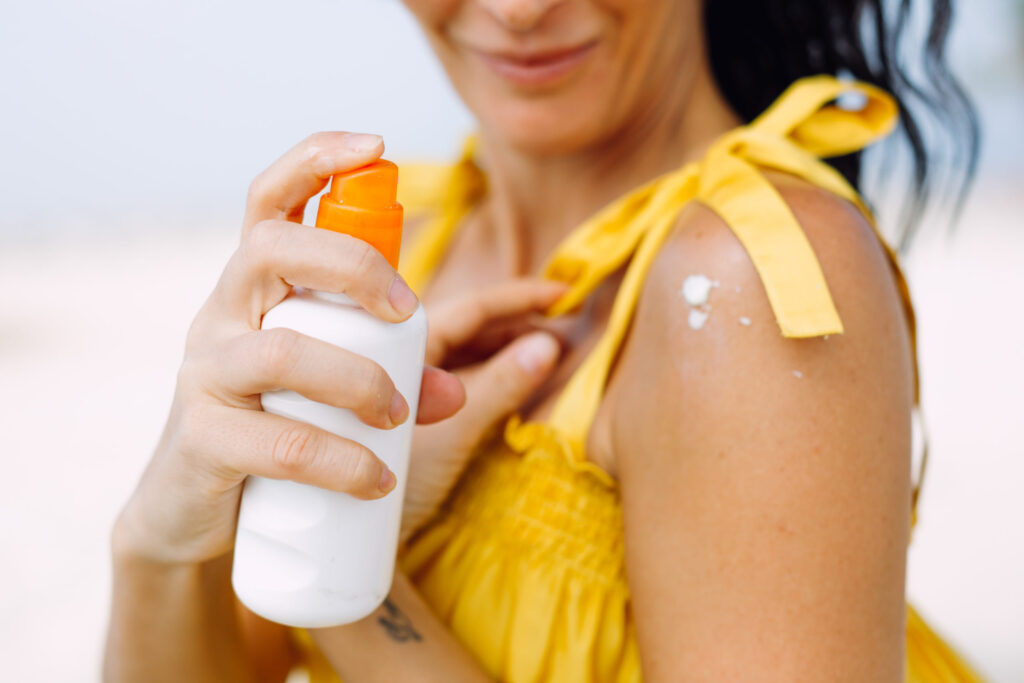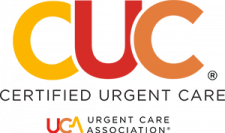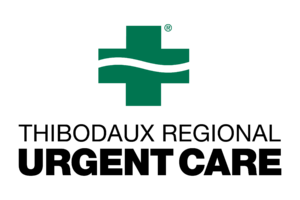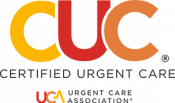Approximately 39.5 percent of people will be diagnosed with some type of cancer during their lifetime. However, about 50 percent of cancer cases and 50 percent of cancer deaths are preventable. Yes, preventable.
The good news is you can lower your risk of cancer. But you have to be willing to do the work.
The most common types of cancer (besides skin cancer) are breast cancer, lung cancer, colorectal cancer and prostate cancer. Prevention and early detection are vital for lowering your cancer risk. They are also effective strategies for lowering your lifetime healthcare costs.
How to prevent cancer
Lower your risk and stay healthy with these cancer-prevention tips:
- Stop using tobacco
Tobacco products have been linked to several types of cancer, including, mouth, throat, esophageal, lung, breast, colorectal, cervical and bladder. In fact, nearly 90 percent of all lung cancer cases are linked to smoking. Nonsmokers who are exposed to secondhand smoke are also at risk for lung cancer and other respiratory conditions. - Choose healthy foods
Instead of reaching for processed foods like hot dogs, bacon, sausage and deli meats that are loaded with trans fats, starches and sugars, fill your plate with a rainbow of fruits, vegetables, whole grains and lean meats. Limiting your alcoholic beverages may also reduce your risk. - Take a vitamin D supplement
Research suggests 800 – 1,000 IU of vitamin D each day may help reduce your risk of prostate cancer and colon cancer. - Exercise regularly
Maintaining a healthy weight through regular physical activity may lower your risk for cancer of the lung, breast, prostate and kidney. For best results work your way up to at least 150 minutes of moderate aerobic activity per week. Check with your doctor before starting any new exercise routine. - Wear SPF
Skin cancer is one of the most common types of cancer, and also one of the most preventable. Skip tanning beds and sunlamps, stay in the shade, avoid the midday sun, wear loose-fitting clothing that covers your arms and legs, and wear plenty of sunscreen. Use a broad-spectrum sunscreen with an SPF of at least 30 (even on cloudy days). Reapply every 2 hours (more often if your are swimming or sweating). - Get vaccinated
You may not know this, but getting vaccinated from viral infections like Hepatitis B and the Human papillomavirus (HPV) can lower your risk of liver cancer and cervical respectively. - Practice safe sex
Protect yourself from sexually transmitted diseases (STDs) and viral illnesses that can lead to cancer by using a latex condom every time you have sex. - Keep your appointments
Regular self-exams, as well as medical screenings, increase your chances of detecting cancer early, when treatment is most effective. Talk to your doctor to find out who often you should be screened for cancer.
Know the warning signs of cancer
It’s important to always be alert for symptoms of cancer. The American Cancer Society developed this simple list to help you recognize warning signs:
- C: Change in bowel or bladder habits
- A: A sore that does not heal
- U: Unusual bleeding or discharge
- T: Thickening or lump in the breast or elsewhere
- I: Indigestion or difficulty swallowing
- O: Obvious change in a wart or mole
- N: Nagging cough or hoarseness (not associated with asthma, cold or flu)
These warning signs are not all-inclusive, however they’re a useful reminder to pay attention to your body and seek medical attention if you notice any sudden or unexplained changes. The best treatment for cancer is prevention, so be sure to visit your local urgent care for frequent check-ups and screenings. Thibodaux Regional Urgent Care – Houma offers physical exams to evaluate your overall health. We are open 7 days a week from 9 a.m. – 8 p.m. for walk in appointments.




